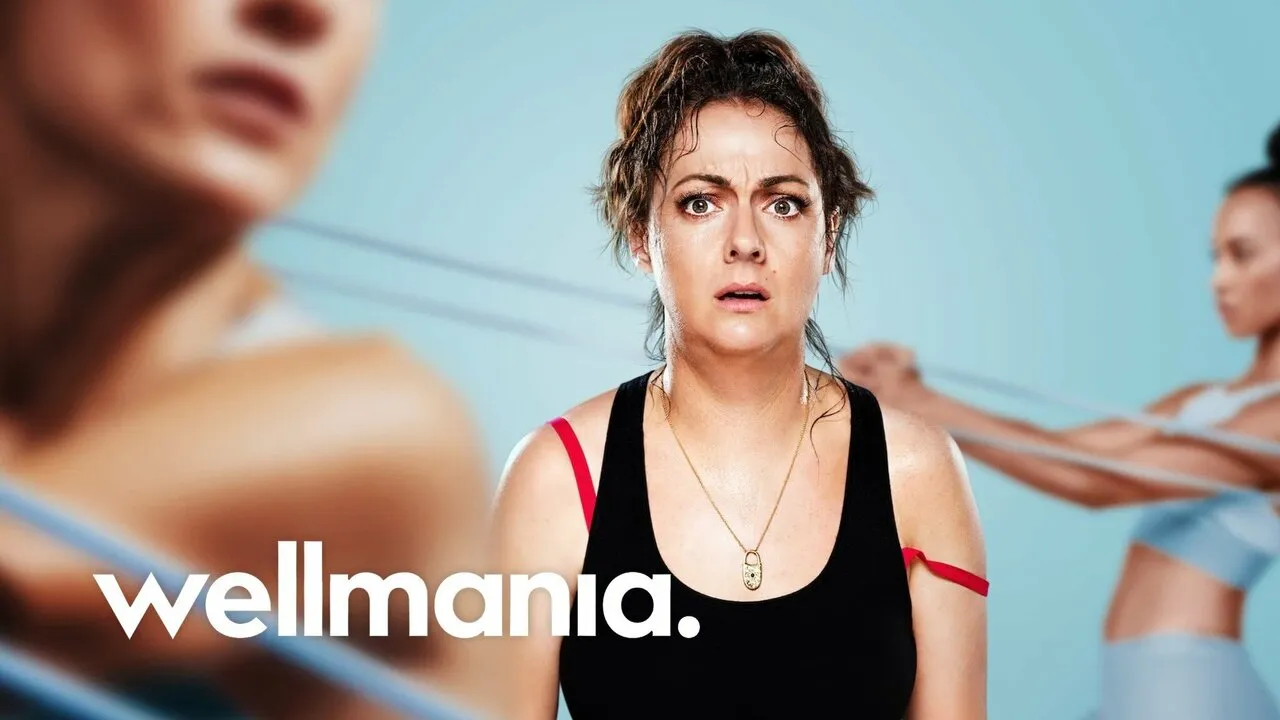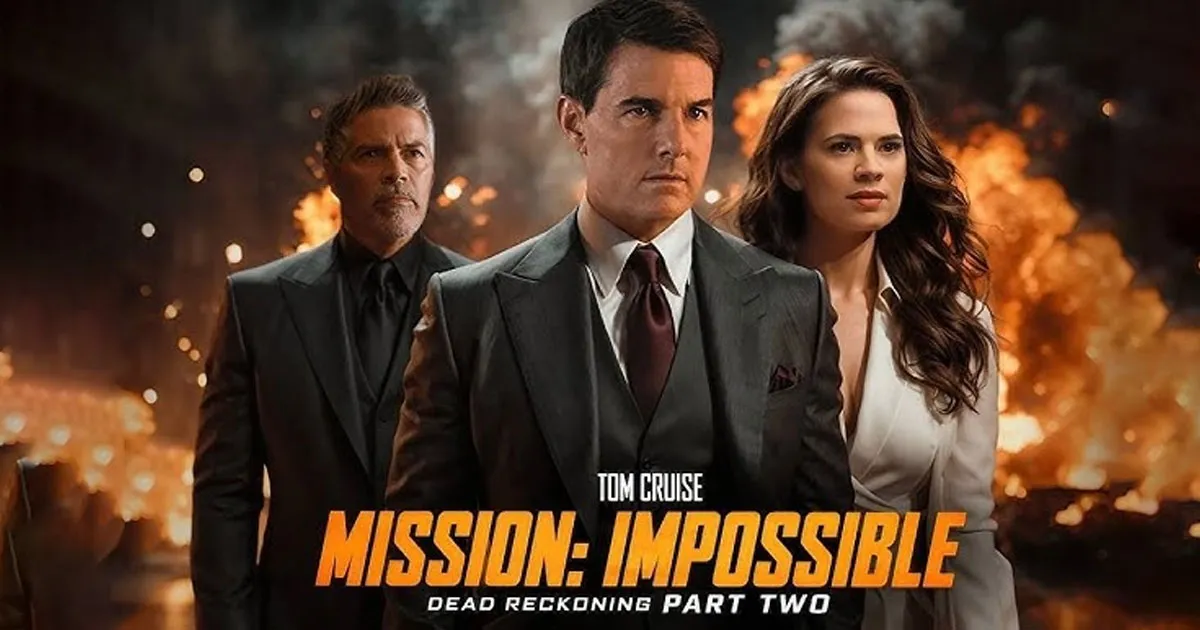Sometimes, the best stories are the quiet ones—the ones told with a guitar, a sidewalk stage, and a voice full of heartbreak. Begin Again, directed by John Carney (of Once fame), is one of those rare films that doesn’t scream for your attention but gently draws you in until you’re completely enchanted.
Set in the messy, beautiful chaos of New York City, Begin Again is not just about music—it's about connection, redemption, and learning to find your own voice after life knocks you off course. With its subtle performances, toe-tapping original songs, and genuine heart, this 2013 gem continues to strike a chord.
Greta James (Keira Knightley), a reserved and talented British singer-songwriter, finds herself stranded in NYC after a painful breakup with her rising rockstar boyfriend, Dave Kohl (Adam Levine). Heartbroken and creatively stuck, Greta’s music—and her sense of purpose—are fading.
Enter Dan Mulligan (Mark Ruffalo), a once-successful but now down-and-out record executive who’s lost his job, his marriage, and much of his passion. One night, drunk and disillusioned, he stumbles into a tiny open mic bar and hears Greta play. It’s raw, unpolished—but Dan hears something no one else in the crowd does: potential.
What follows is an unlikely partnership. Together, Dan and Greta decide to record an album entirely outdoors—on rooftops, in alleyways, on city streets—capturing not just sound, but the soul of New York itself. Through music, they each begin to rebuild what they lost.
Keira Knightley surprises in her first major musical role. While not a professional singer, her soft, sincere vocals match the character perfectly—Greta isn’t meant to be a pop diva; she’s an artist who writes from the heart. Knightley brings vulnerability, quiet strength, and sharp wit to a role that could’ve easily felt one-note.
Mark Ruffalo is equally magnetic as Dan. Shaggy, emotionally wrecked, and clinging to the last scraps of his dignity, Ruffalo brings depth to a character who’s both frustrating and deeply likable. He’s not a hero—but he’s trying, and that makes him real.
Adam Levine (in a role mirroring aspects of his real life) plays Dave with charm that slowly curdles into narcissism. Meanwhile, Hailee Steinfeld offers a grounded performance as Dan’s daughter, and Catherine Keener adds warmth and realism as his ex-wife.
The original soundtrack, composed by Gregg Alexander, is one of the film’s shining achievements. Songs like “Lost Stars”, “Tell Me If You Wanna Go Home,” and “A Step You Can’t Take Back” don’t just fill scenes—they advance character arcs, capture emotional nuance, and give the film its heartbeat.
Each song is performed live or semi-live, enhancing the raw and personal feel. The film doesn’t pretend these songs are instant hits. They’re works in progress—reflections of imperfect people at vulnerable crossroads. “Lost Stars,” especially, becomes the film’s anthem—a quiet plea for recognition in a world that rewards flash over feeling.
At its heart, Begin Again is about second chances—for careers, relationships, and self-worth. It explores how corporate-driven music can strip away authenticity, and how reclaiming creativity can heal more than just a career.

It’s also a film about respecting the journey—learning to move on without bitterness, to collaborate without ego, and to create for the joy of creating. Greta and Dan don’t fall in love in the traditional sense. Instead, their connection is emotional, creative, and platonic—a refreshing twist in a genre often dominated by romantic arcs.
The film also honors the magic of place. New York is more than a backdrop—it’s a living character. As Greta and Dan record across the city, you feel the pulse of parks, subways, rooftops, and strangers pausing to listen. It’s a love letter to music, yes—but also to the city that never sleeps.
Director John Carney—who once fronted a rock band—brings authenticity and intimacy to every frame. He doesn’t lean on big moments. Instead, he builds meaning from glances, silences, and lyrics sung with eyes closed.

The cinematography is unpretentious and urban, capturing the grit and grace of a city built on rhythm. You can almost feel the humidity, hear the distant traffic, and sense the warmth between collaborators building something beautiful out of nothing.
Begin Again doesn’t shout. It sings. It’s a film that quietly reminds us how art—real, honest art—can rebuild lives. It’s about falling out of love, but into purpose. About hitting rock bottom and hearing music there. About how, sometimes, the best things happen when you stop chasing fame and just start playing from the heart.
For anyone who’s ever felt lost, hurt, or silenced, Begin Again is a gentle anthem that says: your voice still matters.

-1751439670-q80.webp)


-1750991024-q80.webp)